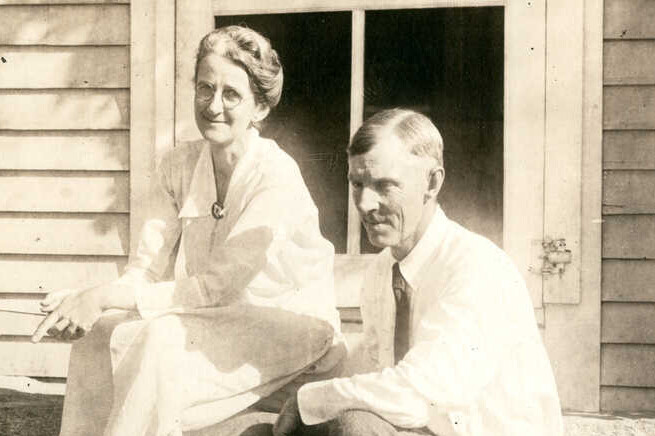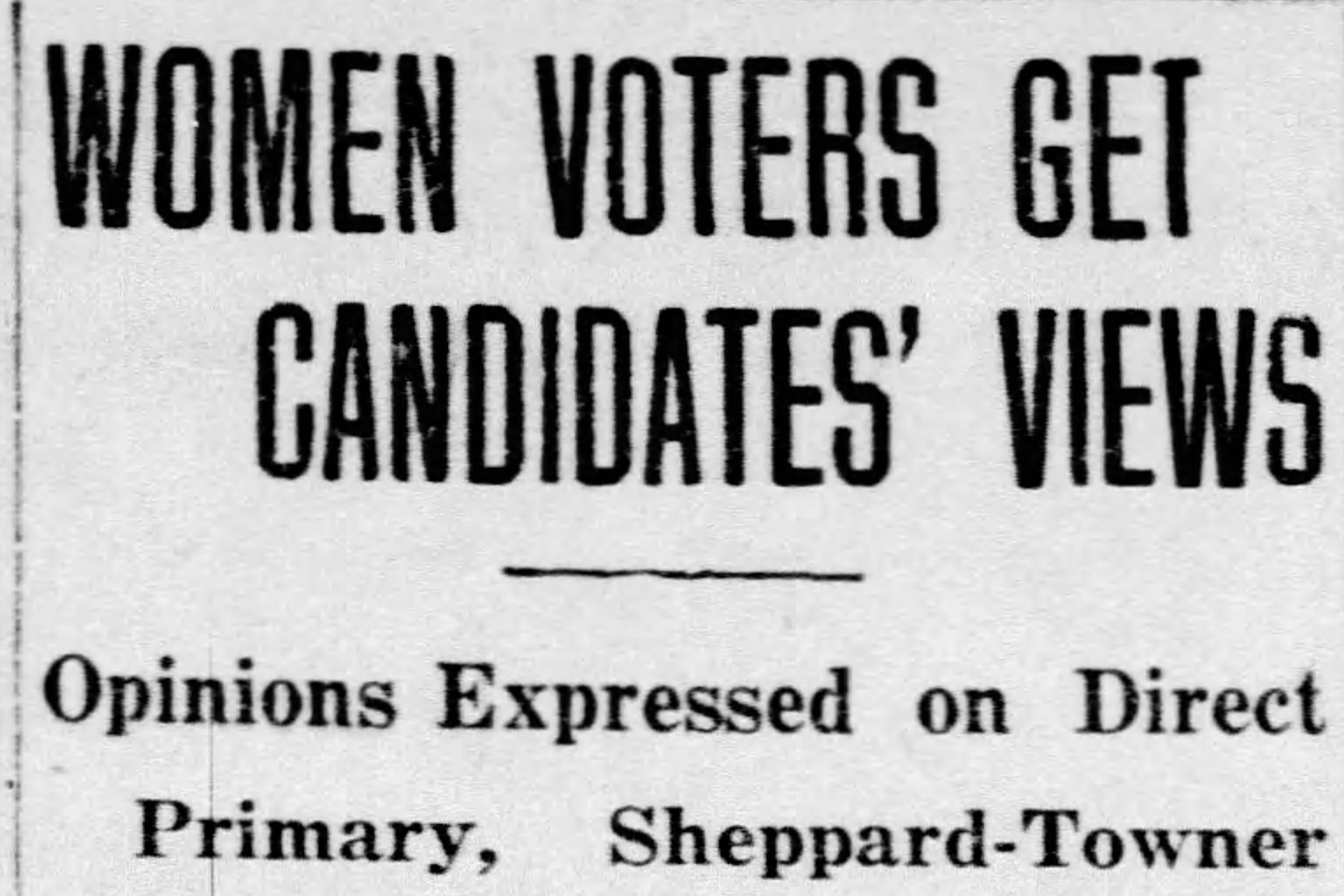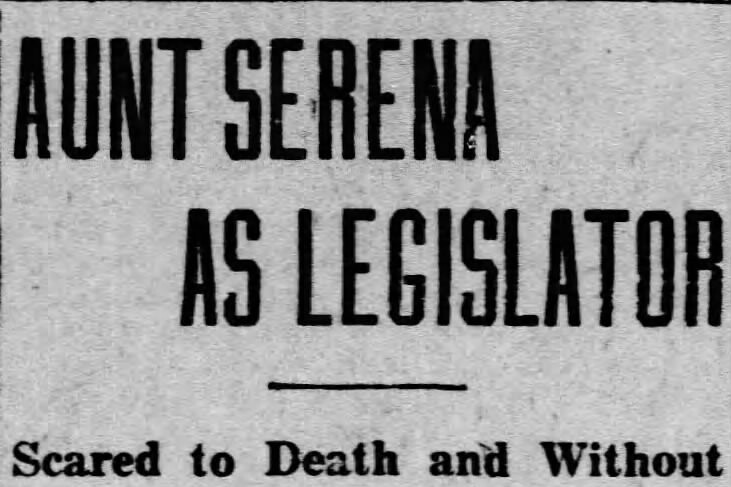Annette Chase Dimock
How did a newspaper column on farming help change the law?
Vermonters knew Annette Chase Dimock by the name Aunt Serena. From 1922 to 1948 Dimock ran a popular weekly newspaper column(writing that appears in the newspaper on a regular schedule) in the Burlington Free Press. Aunt Serena’s Letters to Peggy gave readers advice on their homes and gardens. Dimock and her husband Julian moved to Topsham, Vermont, in 1912. Together, they ran an apple orchard. Vermonters enjoyed Dimock’s stories about rural(in, relating to, or characteristic of the countryside rather than the town) life in Vermont. Dimock also got questions from her readers. She answered them as letters from Aunt Serena to her niece Peggy. Readers knew that Aunt Serena and Peggy were not real. But it felt like Dimock was having an honest conversation with them.
Though Dimock started writing about farming, she later became interested in politics(how people living in a state or country make agreements about how to live together). Women won the right to vote in 1920, with the 19th amendment(a change or addition to a constitution or law). In 1921 Edna Beard became the first woman elected to the Vermont Legislature(the part of the state government that makes laws). Beard passed a law to help single mothers with money. Dimock carefully followed Vermont politics. Voting gave women a new voice. But not all women in Vermont registered to vote. Annette Dimock had a loyal audience of women readers. Dimock could bring important issues to their attention. She could explain how changes to the law helped her readers.
In 1925, Annette Chase Dimock was elected to the Vermont Legislature. Dimock supported laws meant to help women, like the Sheppard-Towner Act. The law helped reduce the high baby mortality(the amount of people who die) rate in the US at the time by giving new mothers training in childcare. Vermont passed the program into law in 1926. Dimock chose not to run again for office.
Annette Chase Dimock’s newspaper column covered everything from state politics to farming. In 1924 she said, “every real farmer’s wife leads not two, but a dozen lives all rolled into one.” As a writer, Dimock built trust with her audience. Dimock also supported the Sheppard-Towner Act as a lawmaker from 1925-1926. Dimock changed Vermont politics with her newspaper column. In 1948, Dimock retired(when a person leaves a job because they reach a certain age) from her twenty-six-year long career as Aunt Serena. The final letter thanked her audience for helping to keep the column going over the years.
Thinking About History
Historians ask questions to think deeply about history.
Many Vermont women listened to Annette Dimock because they thought she was like them. But Dimock moved to Vermont as an adult. Would people still have listened to Dimock if she didn’t pretend to be someone else in her column?
The Sheppard-Towner Act was a new way to protect mothers and babies. Why did laws like this only pass after women gained the right to vote?
Learn More
Follow the links below to explore related topics.
Listen to Vermont Public Radio’s story on Annette Chase Dimock
Explore a Virtual Tour of the Vermont State House
Visit Clarina Howard Nichol's page
Copy and paste this citation to show where you did your research.
Vermont Historical Society. "Annette Chase Dimock." Vermont History Explorer. Accessed January 23, 2026. https://sitemaps.vermonthistoryexplorer.org/annette-chase-dimock


